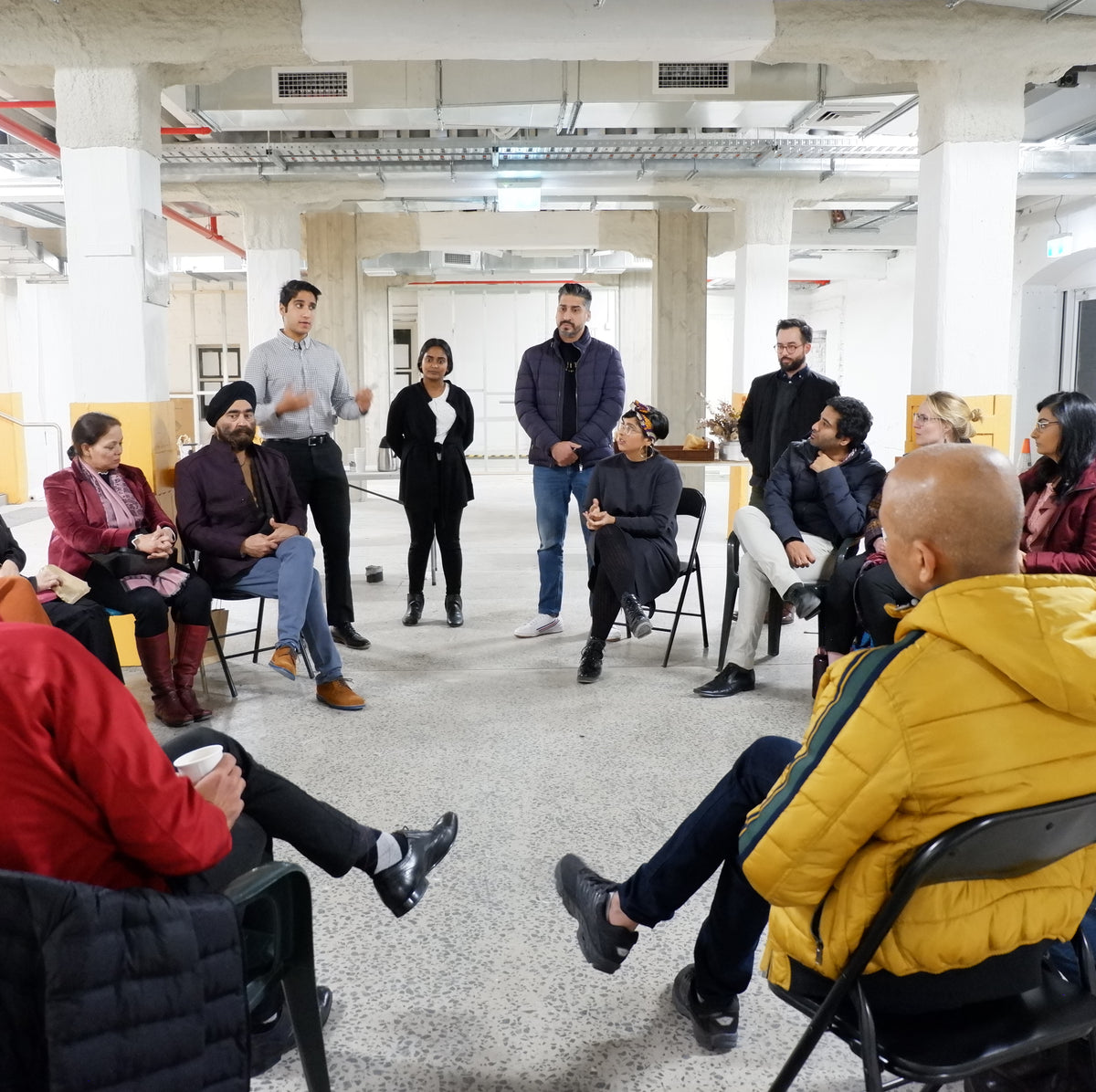5 Tips on Creating Real Diversity and Inclusion in your Organisation
Diversity and inclusion (D&I) is a hot topic at the moment with many companies racing to employ D&I officers or engage legal teams to draft D&I policies for their organisation. But D&I cannot be embedded with a policy or simply one person in charge of leading the organisational change on this area. There needs to be a deeper level of sensitivity.
As someone who lives and breathes cultural/human/team/community diversity, I have created and sustained many inclusive environments. But this isn't just in my company, it is everywhere a community exists for me. From my futsal teams, to my neighbourhoods, to the South Asian diaspora connectivity projects.
So, what's the secret?
Lived experiences.
Here's a little story. There was a workplace I worked in once upon a time ago, I was one out of the other four people of colour who worked in this 600 person company. My name was difficult for most people to pronounce but that wasn't what made me feel isolated. What made me feel isolated was the lack of cultural sensitivity. Diwali is the most important Indian cultural celebration for me, and one occasion I brought Indian sweets to the workplace. No-one ate any and no-one wished me a Happy Diwali in return. Why? Maybe there was a fear of the unknown, or maybe jalebi's and gulab jamun didn't look like the morning tea cupcakes they were used to.
On another occasion, my then secret boyfriend now husband, sent me flowers to work. I was made fun of by my colleagues and was talked about behind my back because people didn't understand why my boyfriend could not send flowers to my home. If there was cultural awareness people would understand that in many cultures, even as an adult, dating is an extremely sensitive topic that sometimes isn't openly embraced.
Now back to lived experiences. Why is building and sustaining diverse and inclusive environments so natural to me? I am a first generation migrant, which means you're a born hustler who has been able to figure out who you are in two different worlds.
I grew up with many different cultures around me and celebrated their unique cultural festivities with them. I always appreciated not appropriated, because I am a guest in their sacred space.
I have had my own mental health challenges and traumas, which has made me acutely aware of when I need to step in and help someone in emotional need. People leave cues in their verbal and body language and you cannot simply turn a blind eye to this in the workplace.
So, what are 5 ways an organisation can be more culturally sensitive to allow for an impactful and sustained diverse and inclusive environment?
-
Demonstrate that diversity lives here: People can't see themselves in communities where they do not exist. Hire diverse talent to help others see themselves a part of your community. And, when I say diverse, I am talking culture, sexuality, identity, class.
-
Global awareness: Anyone in any organisation today needs to be globally aware. My husband recently initiated a global awareness element to his team's monthly meeting where they would discuss any cultural festivities or events that were occurring that month and asked if those who celebrate it would want to share more on what it was. Caution: this needs to be done with sensitivity.
-
Engage cultural and diverse suppliers properly: When you run a cultural event, workshops or provide gifts (e.g. Lunar New Year or Diwali), ensure that you purchase products or engage suppliers who actually come from or relate to that cultural background. Cultural sensitivity needs to exist in your supply chain as well.
-
Offer cultural leave: Cultural festivities are all about family. When I think of the people I have grown up with events like Ramadan, Rakhsha Bhandan, Nowruz, Hanukkah, Orthodox Easter are just some of the festivities that were of great importance to my community. People shouldn't have to race back home to try to celebrate their cultural events of importance, there should be leave accessibility for this.
-
Be real: If you don't know something, don't try to explain it or celebrate it in a way you think it should be celebrated or taught. This comes across as cultural appropriation. It is important to involve those who have lived experiences to help create cultural events, team and education in your organisation. This is cultural appreciation.


0 comments